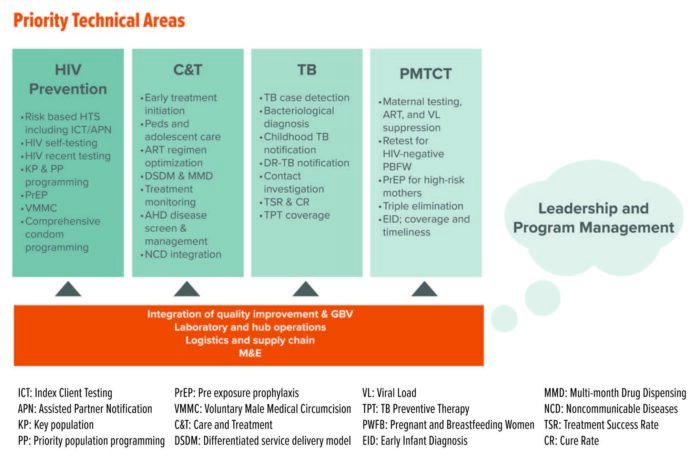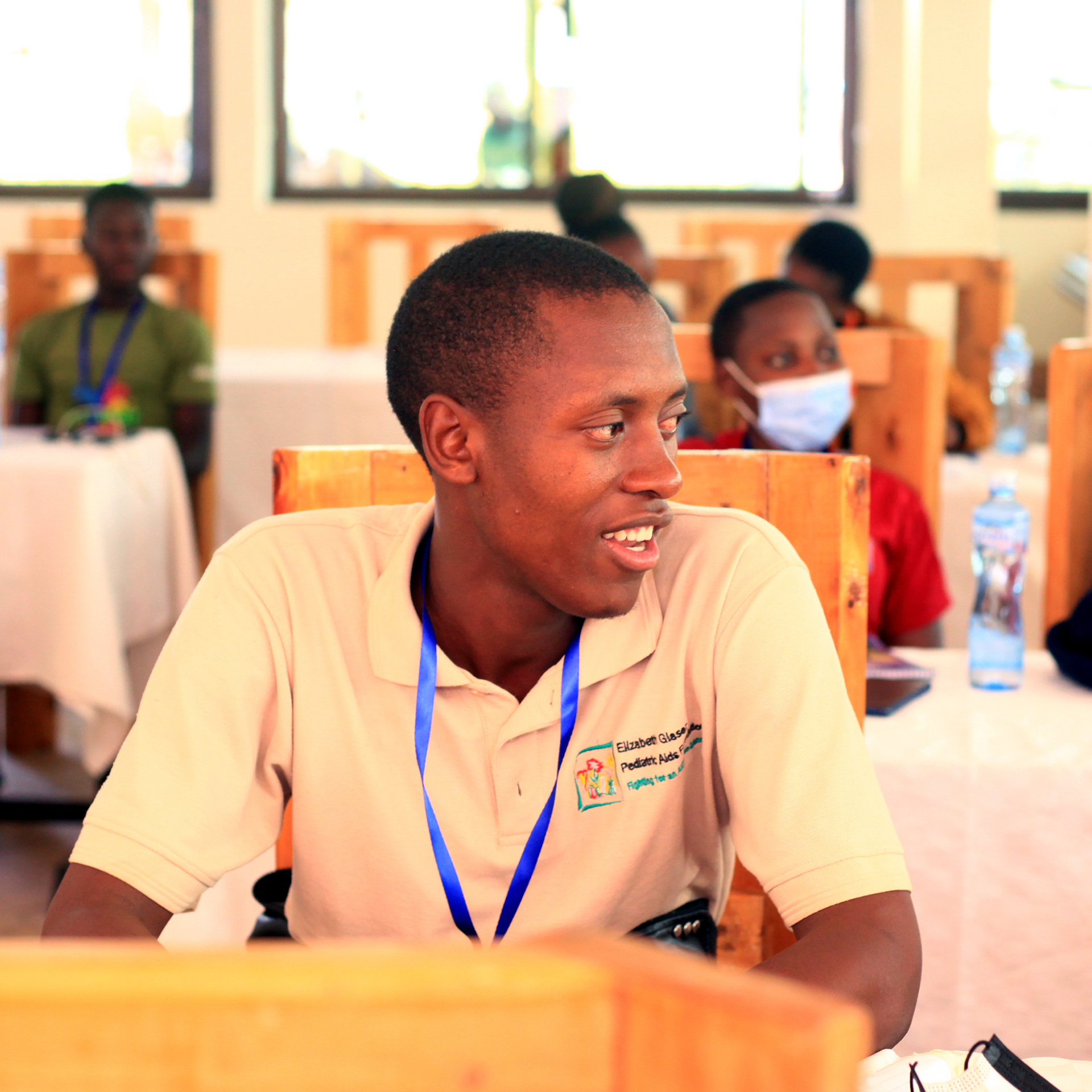The Elizabeth Glaser Pediatric AIDS Foundation (EGPAF), a recognized leader in the global effort to eliminate pediatric AIDS, was the prime implementing partner for the USAID Regional Health Integration to Enhance Services in Southwest Uganda project (USAID RHITES-SW). The USAID RHITES-SW project (2015-2023) improved the availability of, and access to, quality health services in 18 districts and one city in southwest Uganda by strengthening health systems and increasing the adoption of healthy behaviours. The project enhanced health services for an estimated 4,972,100 people in the areas of comprehensive TB and HIV/AIDS, family planning (FP), malaria, nutrition, and maternal, neonatal, and child health (MNCH)1. This integrated approach aligned with national health priorities and promoted healthy communities in the region.

In 2018, the United States Government announced a new target for the United States Agency for International Development (USAID), the Centers for Disease Control and Prevention (CDC), and other agencies that disburse the President’s Emergency Plan for AIDS Relief (PEPFAR). Per the new target, 70% of PEPFAR funding was to be directed to local organizations, including partner country governments, by the end of 20202. In October 2020, USAID Uganda started transitioning work from international partners implementing HIV programs to local organizations. EGPAF started the process of transitioning the TB/HIV components of the USAID RHITES-SW project to local service partners. This involved providing above site technical support direct at organizational level, for example MOH and implementing partners. EGPAF’s approach ensured continuity of service delivery while empowering local partners to take on more significant lead roles in the ongoing implementation of HIV services. The local partners consisted of the following:
Joint Clinical Research Centre (JCRC), covering 12 districts in Ankole: Mbarara,Isingiro, Ntungamo, Bushenyi, Rubirizi, Mitooma, Buhweju, Ibanda, Sheema, Kiruhura, Kazo, and Rwampara districts.
The AIDS Support Organization (TASO), covering six districts in Kigezi: Kisoro, Rubanda, Kabale, Rukiga, Rukungiri, and Kanungu districts.
Uganda Protestant Medical Bureau (UPMB), through the Local Service Delivery Activity (LSDA): covers 77 facilities: 36 are located in the Kigezi region and 41 in the Ankole region.
Mbarara Regional Referral Hospital (MRRH), the United States Government, and Government of Uganda (G2G) implementing mechanism.
Kabale Regional Referral Hospital (KRRH), the United States Government, and Government of Uganda (G2G) implementing mechanism.




